TV presenter Katie Piper announced her decision to receive a prosthetic eye 16 years after surviving a life-changing acid attack that left her partially blind.
Taking to her social media platforms on Friday (January 10), Katie shared a close-up photograph of her damaged eye, along with a short clip showing a doctor carefully conducting a prosthetic eye fitting, using a specialized yellow tool to measure and shape the eye socket.
The British media personality wrote in the caption: “After many years battling with my eye health, I’ve reached the end of [the] road somewhat, and the decision has been made to try a prosthetic eye shell.”
She continued: “This marks the start of a journey to have an artificial eye, with an incredible medical team behind me.
TV presenter Katie Piper announced her decision to receive a prosthetic eye
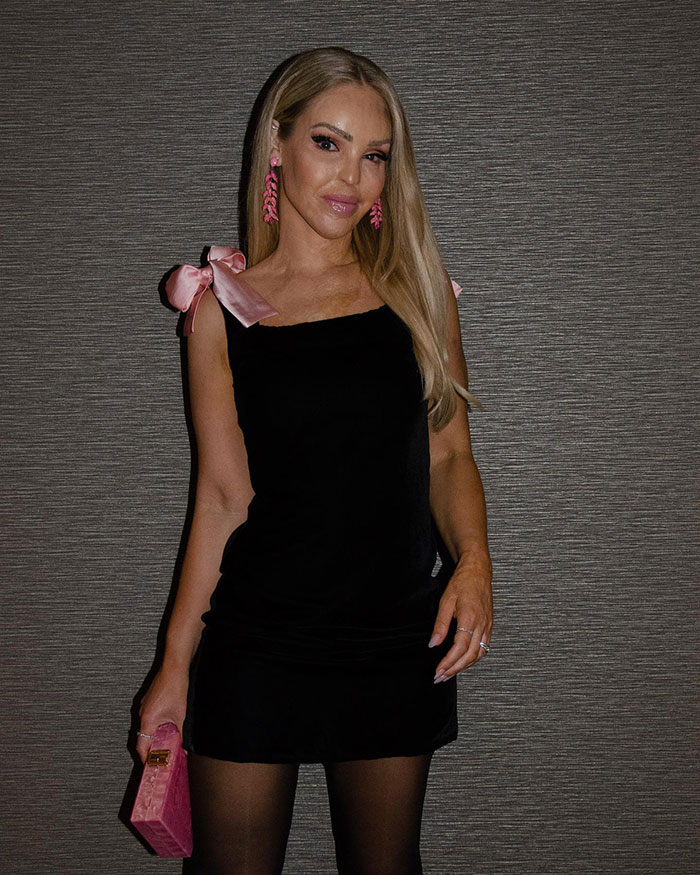
“As always I’m incredibly grateful to all those in the NHS and private health care system for their talent and kindness.”
The National Health Service (NHS) is a government-funded healthcare system in the UK that provides medical and nursing services to everyone, regardless of their ability to pay.
Katie concluded in her now-viral post: “I will share my journey, I’m hopeful and nervous about being able [to] tolerate it and would love to hear from any of you in the comments if you’ve been on this journey or have any advice…”
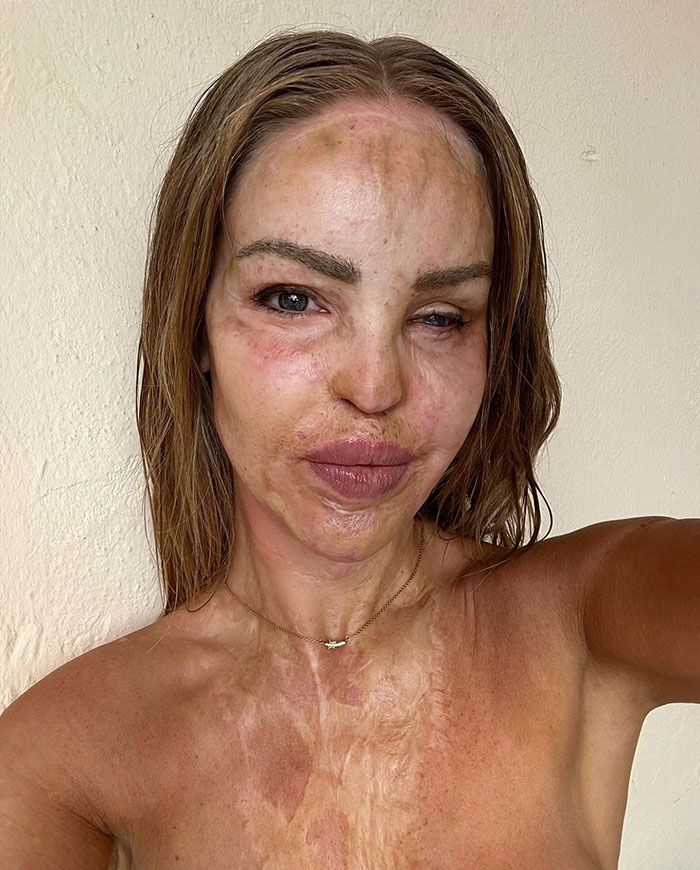
A slew of people flocked to express their support, as an Instagram user commented: “Got my prosthetic eye 2 years ago I lost mine due to cancer but had to have my eyelid removed not now have a titanium implant with a magnet so my prosthetic just clicks on it gave me so much confidence I can’t thank my doctors enough stay strong you will get used of it.”
A person wrote: “What a true inspiration you are Kitty Katty Katie. Make this woman a Dame.”
Someone else penned: “You are so brave and [an] inspiration to all.”
Katie’s announcement comes 16 years after surviving a life-changing acid attack that left her partially blind
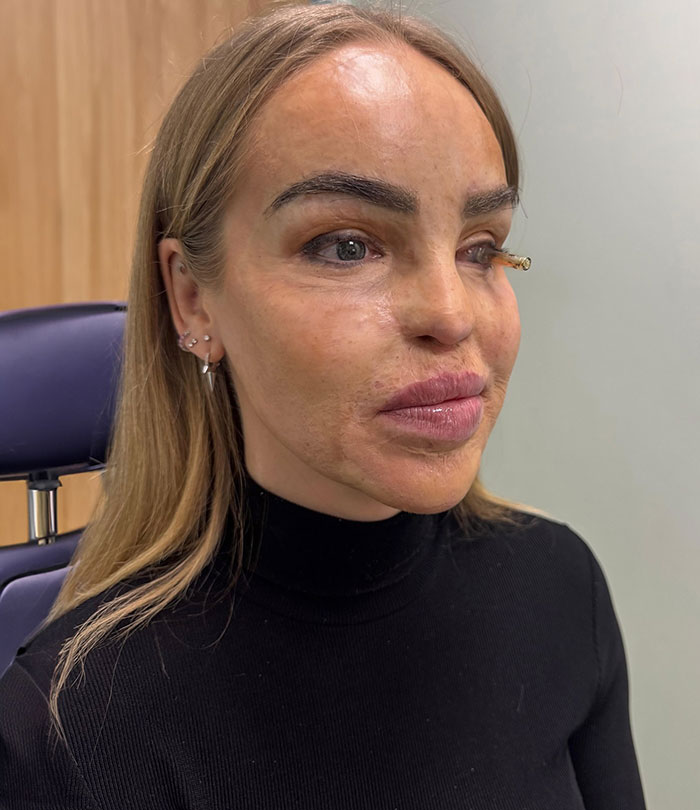
“You’re such an inspiration!” a netizen exclaimed. “This path you’ve been sent down has been so long but you always remain positive and seem accepting of the twists and turns ahead.”
A separate individual chimed in: “Another challenge, another surgery which anyone who follows you will know that you will meet it with courage!
“You are an incredible woman Katie. Sending love.”
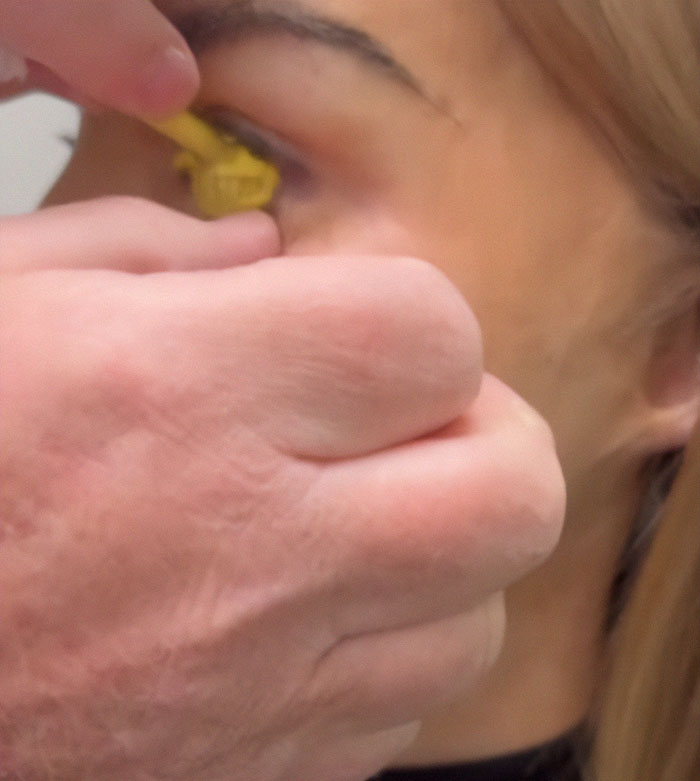
The Loose Women panelist is an advocate for those with burns and disfigurement injuries, Sky News reported on Saturday (January 11).
The 41-year-old has reportedly undergone hundreds of operations after suffering an acid attack arranged by her ex-boyfriend in March 2008.
She gave up her right to anonymity and made a documentary in 2009 called “Katie: My Beautiful Face.”
Katie underwent hundreds of operations after suffering an acid attack arranged by her ex-boyfriend in March 2008
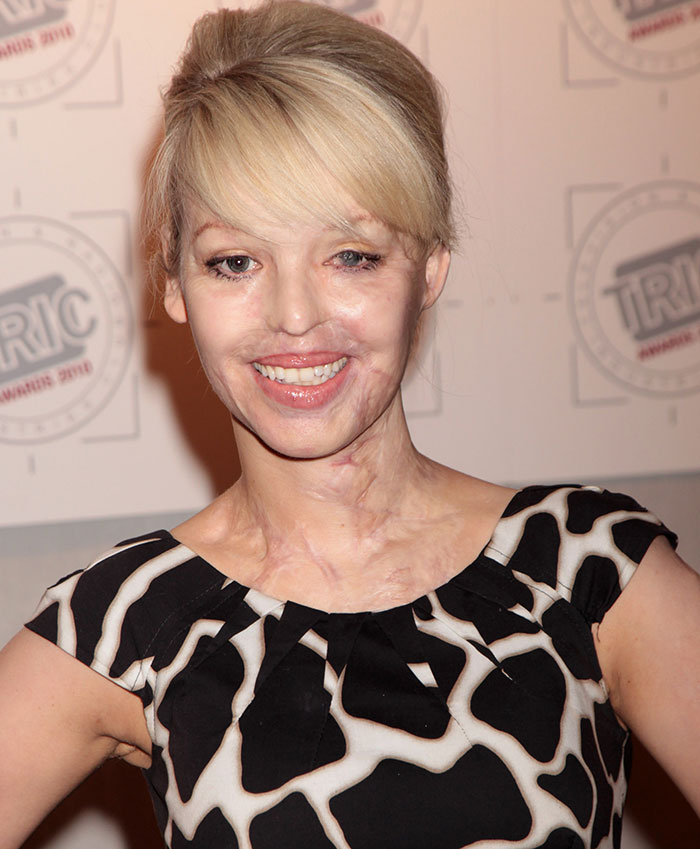
Moreover, Katie founded the Katie Piper Foundation, which supports survivors of life-changing burns and scars, and received an honorary doctorate from the Royal College of Surgeons to mark her ground-breaking work, as per Sky News.
“Acid violence is a particularly brutal form of gender-based violence, where the majority of perpetrators are men,” Jaf Shah, Executive Director for the Acid Survivors Trust International (ASTI), explained in a report.
He further explained: “Women, very often, are the victims. The perpetrators’ intentions are extreme: to facially disfigure and inflict enormous physical and mental suffering to victims.”
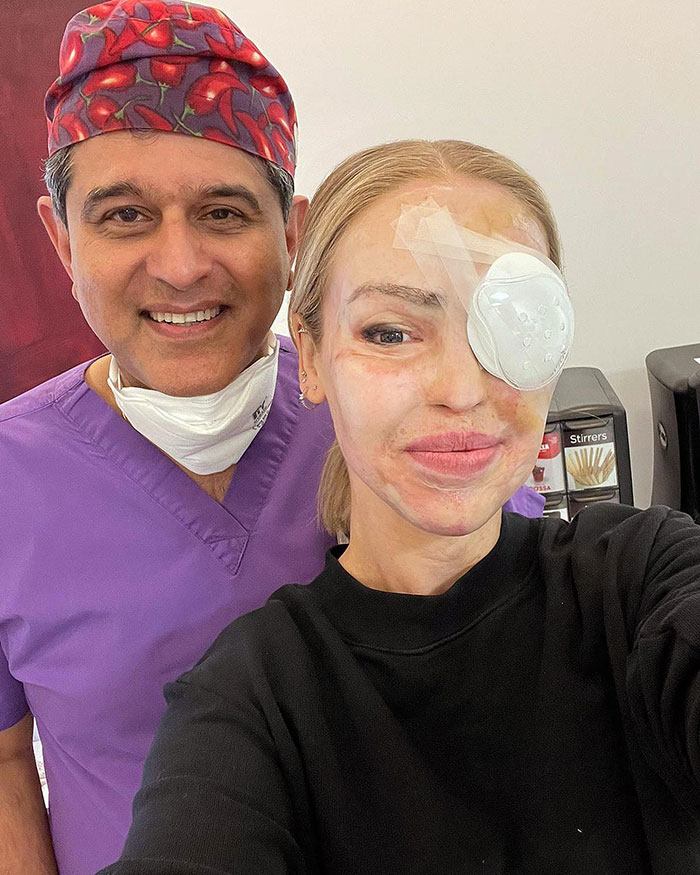
Jaf added: “There are two key factors that lead to the majority of acid attacks: gender inequality and easy access to acid.”
The UK now has the highest number of recorded attacks in the world, with a 69% rise in the number of attacks in 2022, ASTI reported.
According to ASTI, acid attacks peaked in 2017, with 941 recorded cases. The figures then steadily dropped to 421 in 2021.
“After many years battling with my eye health, I’ve reached the end of [the] road somewhat,” Katie wrote

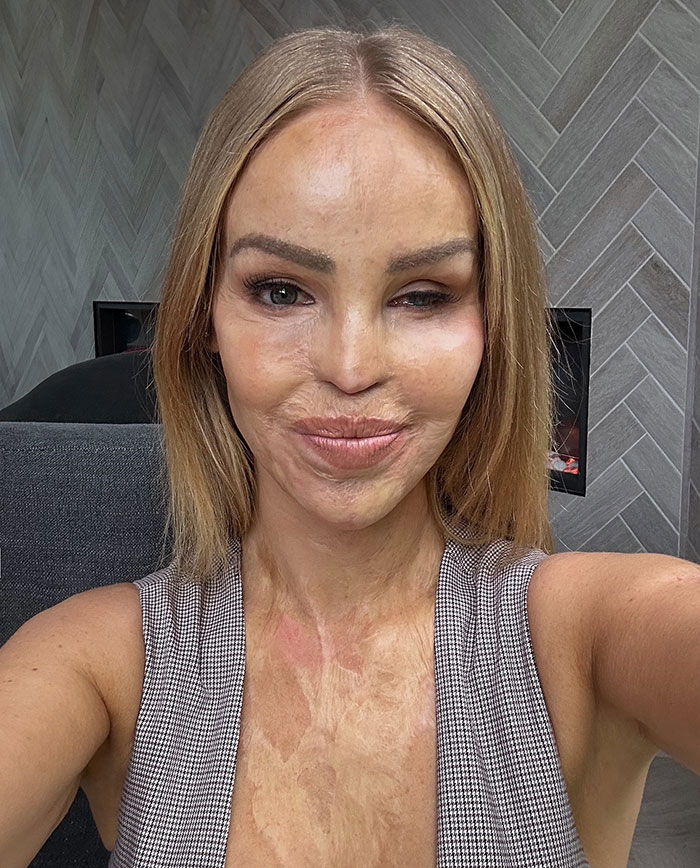
Nevertheless, ASTI stressed that most developing countries do not have a comprehensive national system for recording and monitoring attacks.
Additionally, while there are resources available, they are usually focused in urban areas, leading to greater under-reporting in rural areas.
Consequently, victims of acid attacks may never present themselves to hospitals for treatment, so their cases go unrecorded, ASTI explained.
“The attack never robbed her of her beauty,” a reader commented






















